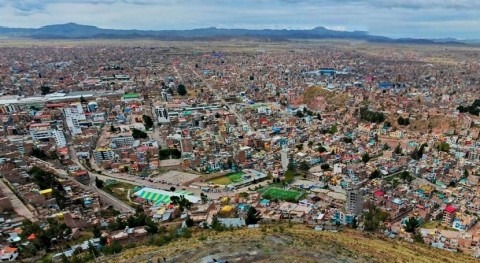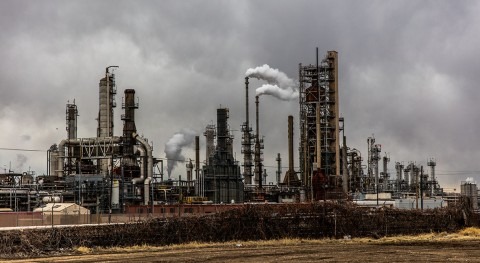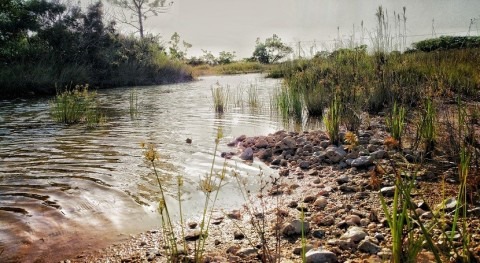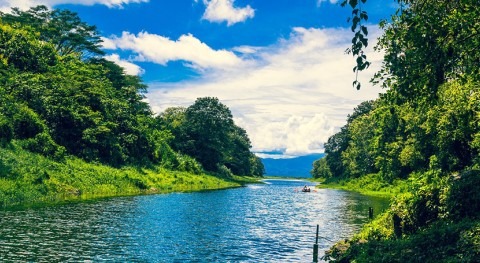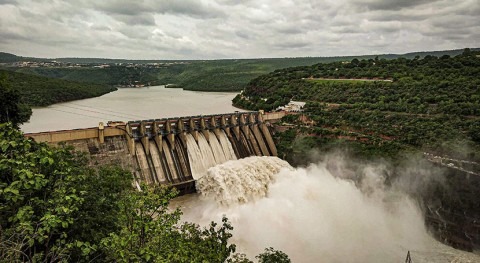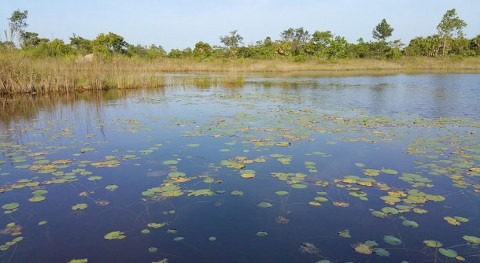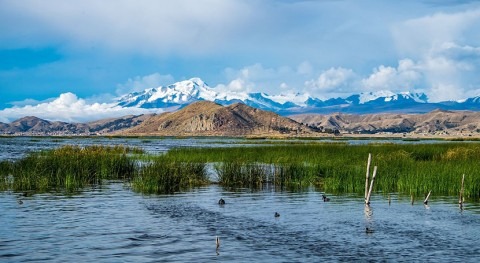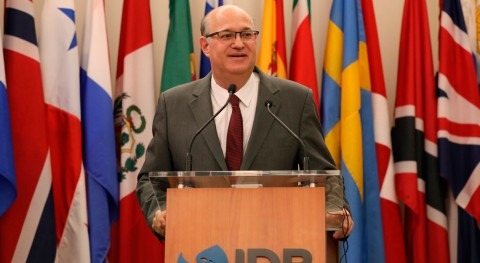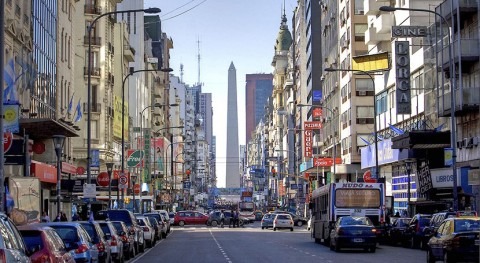The Inter-American Development Bank (IDB) and Brazilian Development Bank (BNDES) signed a technical cooperation agreement to create models for performing preliminary viability assessments of public-private partnership projects and service concessions for water and sanitation in Brazil. The IDB donated $350,000 to build innovative tools to support BNDES’s work to structure these projects, especially in remote areas where projects have less financial viability.
The goal is to channel more investments to these areas, reducing associated risks and increasing the chances of success for all stakeholders.
One of the tools will set parameters for assessing the technical, financial, economic and legal viability of projects to provide universal water and sanitation in a single municipality, a group of municipalities or a region. This pre-assessment will streamline processes and enable BNDES to use resources more efficiently to structure public-private partnership projects, since it will quickly give BNDES the information it needs to model projects with more certainty.
The IDB donated $350,000 to build innovative tools to support BNDES’s work to structure these projects, especially in remote areas where projects have less financial viability
"This initiative reflects the value proposition of the new IDB we are building: resources are put toward creating robust solutions that can overcome structural challenges, benefiting vulnerable populations and building bridges between the public and private sectors," said Morgan Doyle, IDB Representative in Brazil.
The BNDES' director of Concessions and Privatizations, Fábio Abrahão, added: “BNDES has become the largest infrastructure concession structuring company in the world. It has opened up the Brazilian sanitation market to the private sector. Now we have a new challenge: universal access to water and sewage services in remote regions. Part of our policy is to leave no one behind. So we need to innovate and create new models, which prompted this partnership with the IDB.”
IDB and BNDES specialists with extensive technical expertise will also work with consultants to create a tool to calculate operating costs and capital investments for water and sanitation services in slums and rural areas. These data will be incorporated into the financial models of public-private partnership contracts and concessions so actions targeting these areas can be advanced.




